We recently had a great holiday in Rhodes with Mark Warner, the children not only had an amazing time, but also learned a huge amount from the experience. I’ve put together a quick list of holiday learning ideas, but please do comment if you have more.
Science on the beach
- Can you work out which way the wind is blowing? What could you use to help? *hint – is there a flag on the beach?
- Is dry or wet sand better for making sandcastles?
- Are there more people sailing or windsurfing when it’s a windy day? Why is this?
- How many different types of shell can you find?
- Can you build a stable structure with stones?
- Does the sand get too hot to walk on at the same time everyday?
- How many shapes can you draw in the sand?
- Can you wet some sand and time how long it takes the water to evaporate at different times of the day? Can you think what conditions you’d need to keep constant for this investigation?
- Investigate the effect of sunlight on paper by making a sun picture. Use blu tack to fix shapes onto a sheet of paper and after a few hours in strong sunlight remove the shapes, you should see that the paper not covered has faded.
Science in the pool
- How long do wet swimming clothes take to dry? Do they dry faster in the sun or shade?
- Is the pool warmer at the beginning or end of the day? Why do you think this is?
- Can you jump into the pool like a specific type of fish?
Science when travelling
- If you flew to get to your holiday destination, what did you notice when in the aeroplane? Did your ears pop?
Ears pop in aeroplanes because the air high above the surface of Earth is less dense than air near the surface. This is because air nearer the surface has all the air above it pushing down. Inner ears have air trapped inside and changes in atmospheric pressure lead to pressure on the ear drum, which causes discomfort and reduced hearing.
- Did you feel sick during travelling? Why do you think this might be?
People sense movement in several ways, liquid in the inner ear helps us know which way we are moving, what we see lets us know we are moving and skin receptors and muscles tell the brain which parts of our body are moving and how the body is positioned. The brain uses all these signals to put together a picture about how the body is moving, but if any pieces of information don’t match you can feel motion sick. Reading in a a car often makes people feel sick as their eyes are looking at a book, but other signals tell the brain the body is moving making the brain get a little confused. Sitting forward and looking outside can reduce motion sickness.
Can you work out how long it would take to walk to your destination, if you assume average walking speed is 3 mph?
Can you think of any more holiday science activities for us?
Last Updated on June 16, 2016 by Emma Vanstone

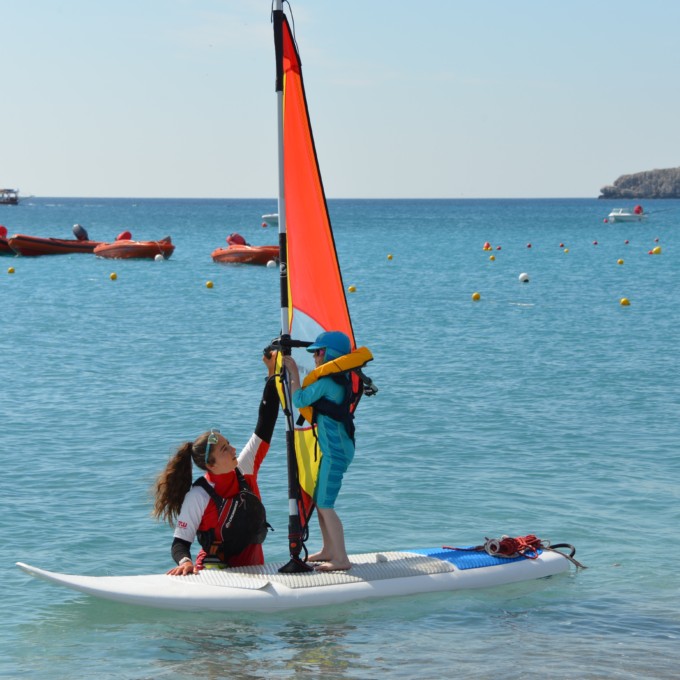
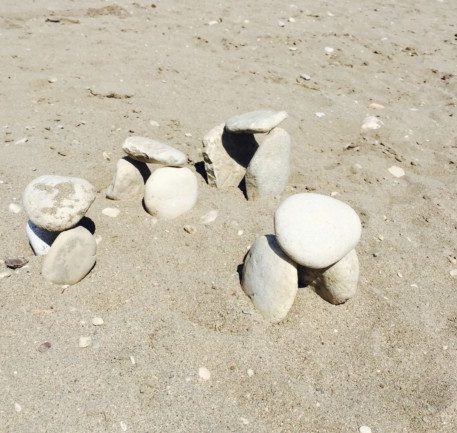
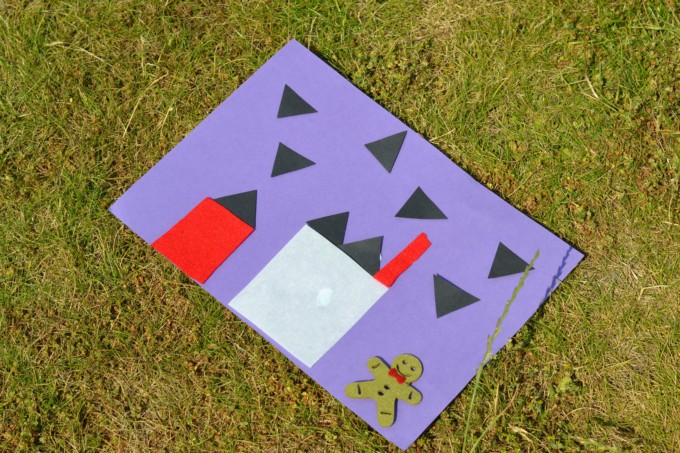
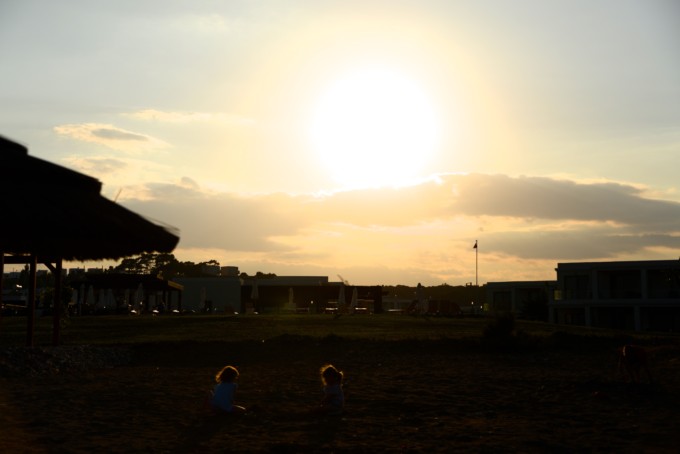
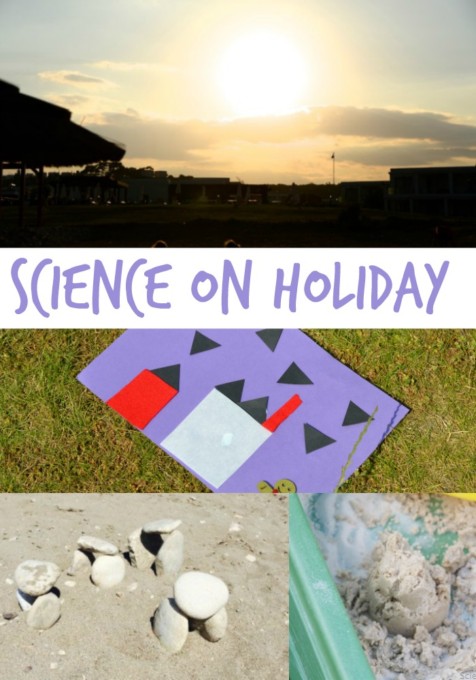
Leave a Reply